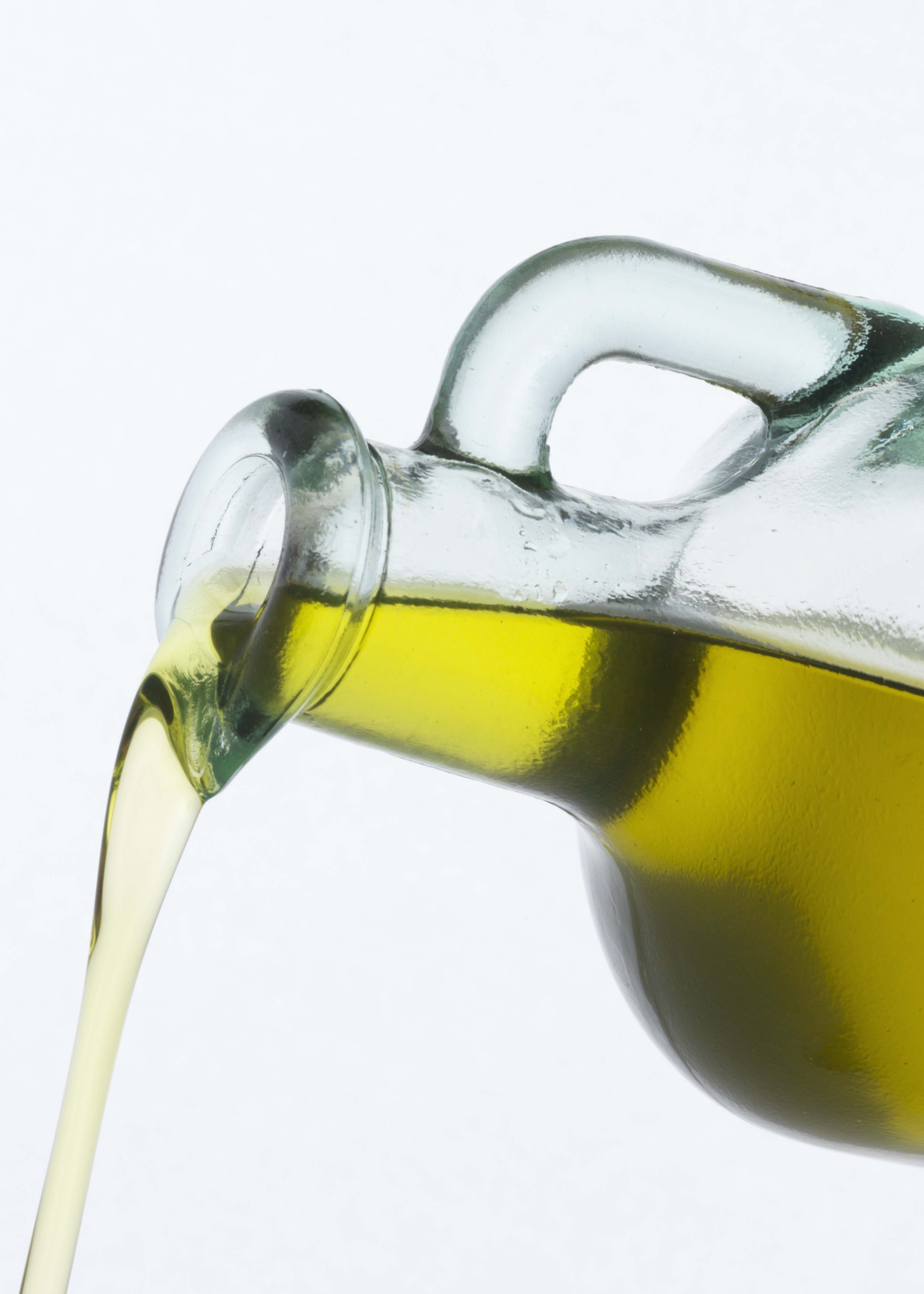
Do you really know what’s in your cheese?
New evidence may cast some doubt on the purity of your favorite foods. Interpol, the international criminal police organization, announced that it seized thousands of tons of fake food in a joint operation with Europol over the past two months—including seemingly benign mainstays like mozzarella, eggs, bottled mineral water, strawberries, cooking oil and dried fruit—in 47 countries.
Adulterations cut across all kinds of categories. In Italy, 31 tons of seafood were labeled as “fresh” but had actually been previously frozen, then doused with a chemical containing citric acid and hydrogen peroxide to hide that it was rotting. At an Italian cheese factory, officers found expired dairy and chemicals used to make old cheese seem fresh. They also found that mozzarella was being smoked in the back of a van with burning trash as a heat source.
Egyptian authorities seized 35 tons of fake butter and shut down an entire factory producing that was sold as tea. In Thailand, officials destroyed 85 tons of meat that had made its way into the country without health and safety testing. And in the U.S., the FDA found that illegal dietary supplements were being sent through the mail.
All of that fraudulent food was seized in markets, airports, seaports and shops between December 2014 and January 2015. The crackdown, known as Operation Opson IV, is the largest effort of the agencies to target such inappropriately or mislabeled food and ultimately removed 2,500 tons of food and 275,000 liters of tainted drinks out of the food supply, Interpol says. Last year, Operation Opson III seized about 1,200 tons of fake food in 33 countries.
Read more: Waiter, There’s Fox In My Donkey Meat: The Global Scandal of Food Fraud
The most counterfeited product of all was alcohol. In the U.K., officials ferreted out a plant distilling fraudulent brand-name vodka, made in antifreeze containers and treated to take out the chemical smell. Officials in Rwanda found a shop selling a local brew that had been poured into used brand-name bottles to pass it off as more expensive.
It isn’t new, but the practice of substituting a less expensive ingredient for a pricier one, or finding ways to dilute a product, is increasingly the subject of scrutiny. One 2014 study by Oceana found that 30% of shrimp sold in the U.S. are mislabeled, and Europe’s recent horse meat scandal has made people across the world second guess what’s on their dinner plate when they’re served beef.
“It is a problem everywhere,” says Markus Lipp, senior director for food standards at United States Pharmacopeia, a non-profit organization that develops standards for ingredients in pharmaceuticals, foods and dietary supplements and maintains a database of known instances of food fraud. (U.S. Pharmacopeia was not involved with the Interpol/Europol investigation.) “Too good to be true is actually a real thing,” Lipp says. “If I get something really, really cheap but it’s usually very expensive, it might not be the right thing.”
In countries with more effective regulatory agencies, food fraud happens less, but consumers can be smarter about their food purchases wherever they live, Lipp says. Buying the not-as-processed version of a food makes it less of a target. Whole coffee beans, for example, are more distinct in form and shape—and more difficult to adulterate—than the ground variety.
Same goes for ground brown burgers. “Everyone can tell a horse from a cow,” Lipp says. “But if it’s a patty, it gets much more difficult to tell horse meat from cow meat.”
The more intact our food, Lipp says, the more distinguishing features it has. Buying it in its natural state, or as close to that state as possible, “will aid us in helping to prevent adulteration or buying adulterated products,” he says.
More Must-Reads From TIME
- The 100 Most Influential People of 2024
- Coco Gauff Is Playing for Herself Now
- Scenes From Pro-Palestinian Encampments Across U.S. Universities
- 6 Compliments That Land Every Time
- If You're Dating Right Now , You're Brave: Column
- The AI That Could Heal a Divided Internet
- Fallout Is a Brilliant Model for the Future of Video Game Adaptations
- Want Weekly Recs on What to Watch, Read, and More? Sign Up for Worth Your Time
Write to Mandy Oaklander at mandy.oaklander@time.com